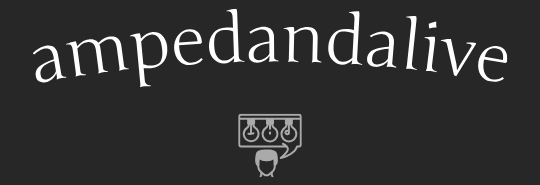Exploring Advanced Digital Art Painting Techniques
Mastering Brushwork
Brushwork is the cornerstone of digital painting, and mastering various brush techniques is essential for creating stunning artwork. Experiment with different brush types, sizes, and settings to achieve the desired effects in your paintings. Practice using different brush strokes and pressures to create depth, texture, and detail in your digital art.
Understanding Color Theory
Color theory plays a crucial role in digital painting, and understanding how colors interact with each other is essential for creating visually appealing artwork. Familiarize yourself with concepts such as hue, saturation, value, and complementary colors. Experiment with color palettes and learn how to use color to evoke emotion and set the mood in your paintings.
Creating Depth and Dimension
Creating depth and dimension is vital for making your digital paintings visually engaging and dynamic. Experiment with techniques such as layering, atmospheric perspective, and depth of field to create the illusion of space and depth in your artwork. Use light and shadow to add volume and dimension to your subjects, making them appear three-dimensional and lifelike.
Exploring Texture and Detail
Texture and detail add richness and realism to your digital paintings, making them more visually compelling and immersive. Experiment with different brush textures and techniques to create a variety of surface textures, such as fur, skin, fabric, and foliage. Pay attention to small details and nuances, adding depth and interest to your artwork.
Utilizing Layering Techniques
Layering is a powerful technique in digital painting, allowing you to work non-destructively and experiment with different elements of your artwork. Use layers to separate different elements of your painting, such as the background, foreground, and main subject. Experiment with blending modes and layer effects to create unique and interesting effects in your artwork.
Perfecting Composition
Composition is the arrangement of elements within your painting and plays a crucial role in its overall impact and effectiveness. Experiment with different composition techniques, such as the rule of thirds, leading lines, and framing, to create visually balanced and harmonious compositions. Pay attention to the placement of elements and their relationships to one another, creating a sense of unity and cohesion in your artwork.
Refining Your Style
Developing your own unique artistic style is essential for standing out as a digital artist. Experiment with different styles and techniques, drawing inspiration from various sources such as nature, art history, and pop culture. Allow yourself the freedom to explore and experiment, finding what resonates with you and what feels authentic to your artistic vision.
Seeking Feedback and Critique
Seeking feedback and critique from peers and mentors is invaluable for improving your digital painting skills. Join online communities and forums where you can share your artwork and receive constructive criticism and advice from fellow artists. Be open to feedback and use it as an opportunity for growth and improvement in your artistic journey.
Continuing Education and Practice
Digital painting is a skill that requires continuous learning and practice to master. Invest in resources such as online tutorials, workshops, and courses to expand your knowledge and skills. Set aside time for regular practice and experimentation, pushing yourself out of your comfort zone and challenging yourself to grow as an artist. With dedication and perseverance, you can unlock your full potential as a digital painter and create artwork that truly speaks to your unique vision and creativity. Read more about digital art painting tips

